What Is Automatic Weather Station : Workings And Benefits
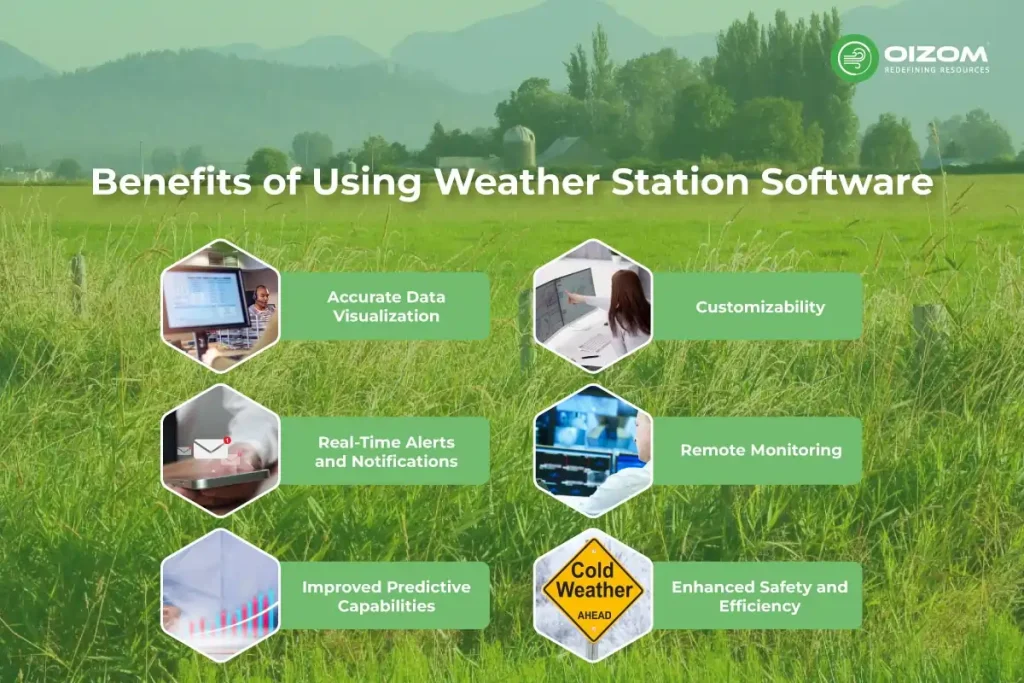
Automated Weather Stations (AWS) are modern systems. They have advanced sensors and tools to collect weather data.
The Applications of Sensors in Photovoltaic Weather Stations
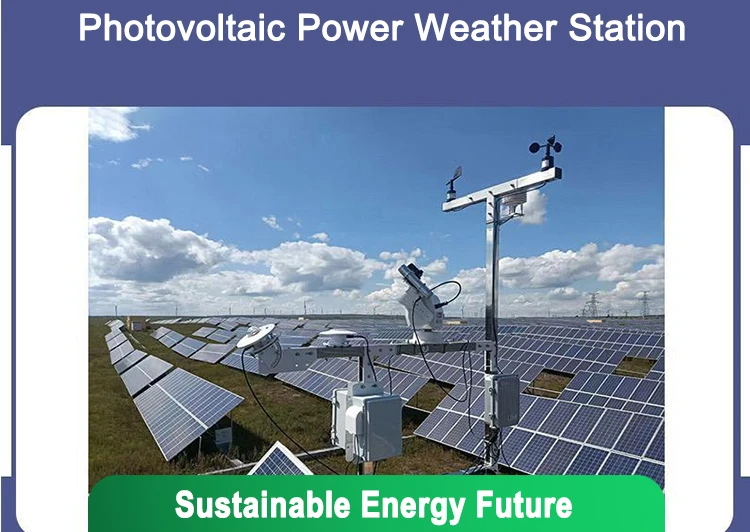
In the pursuit of sustainable energy solutions, photovoltaic (PV) power generation has gained significant momentum. To optimize the performance and efficiency of PV systems, accurate and real – time environmental data is crucial.
Common Application Areas for Weather Stations
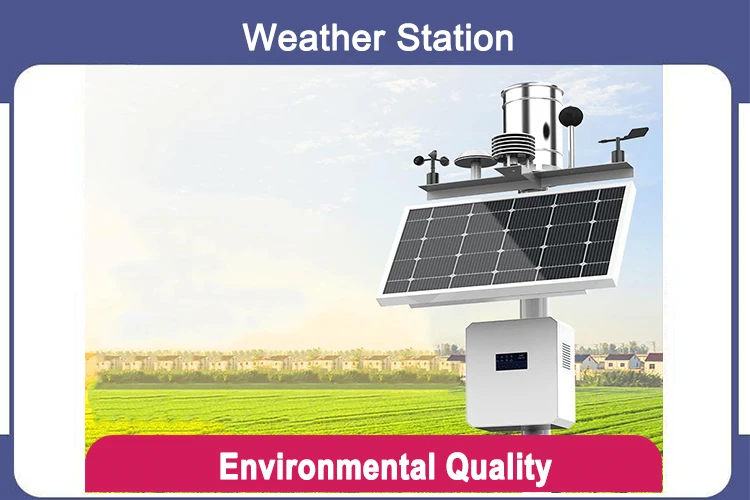
Weather stations: These facilities are dedicated to meteorological observation and prediction, making them crucial components in weather monitoring.
Installation and Maintenance of Automatic Weather Stations
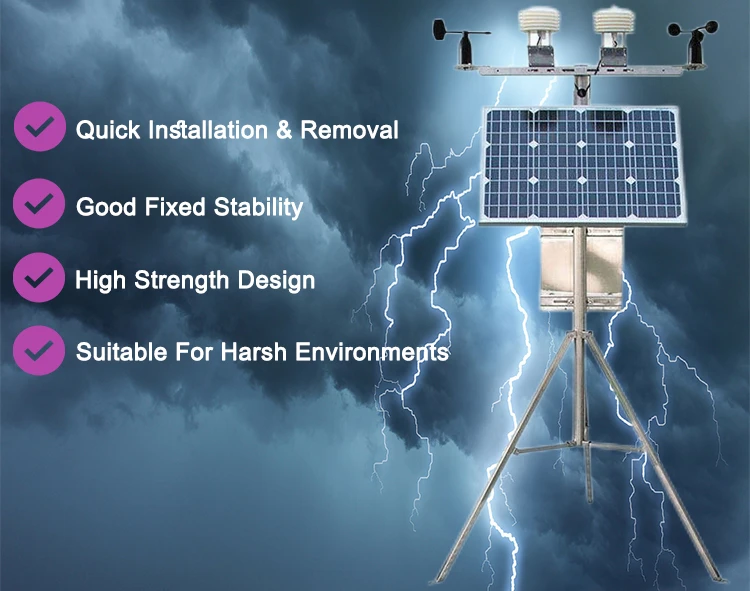
An automatic weather station is a device that autonomously collects and records meteorological data. These stations have sensors that measure important weather factors.
Wireless Weather Stations Transmission Mode
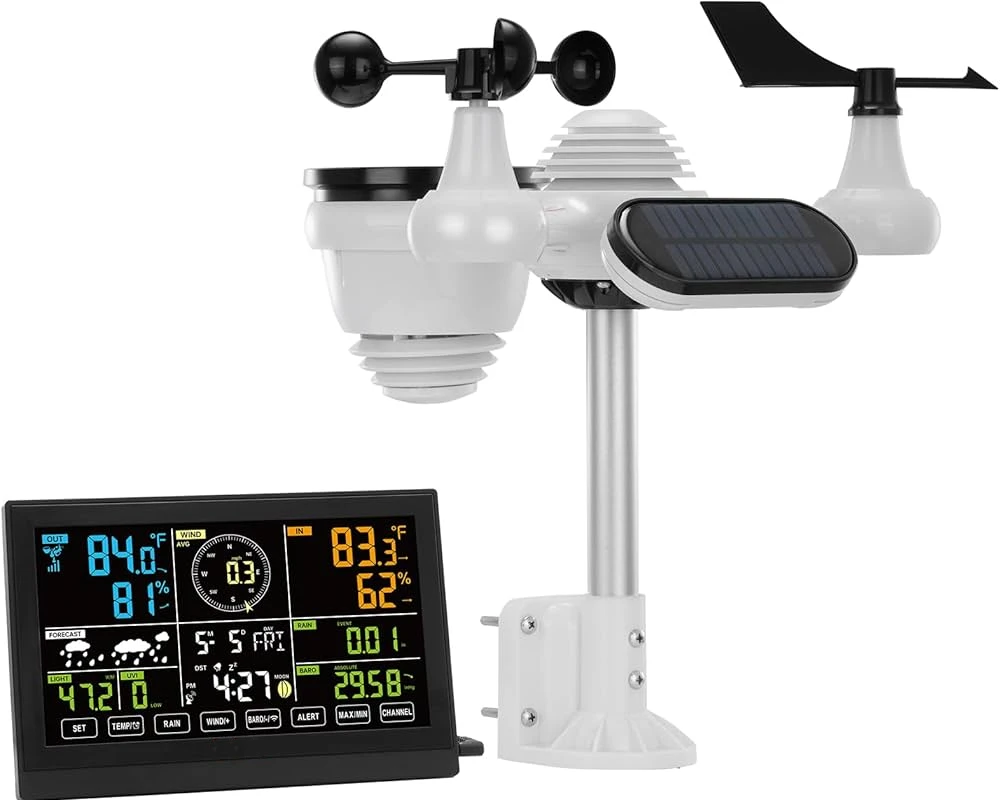
In modern meteorological monitoring, wireless weather stations play a crucial role. Their efficient operation depends significantly on the transmission mode employed. This article delves into the various transmission modes of wireless weather stations, exploring their characteristics, advantages, and limitations.
What is the Automatic Weather Station ?
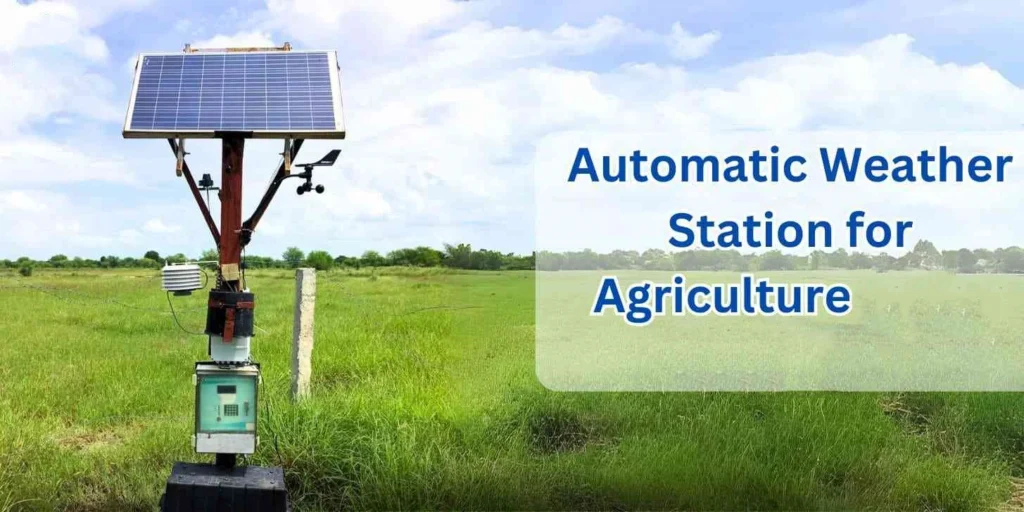
An Automated Weather Station (AWS) is an important tool for meteorologists and environmental scientists. It helps anyone interested in understanding weather patterns. Engineers design these systems to deliver comprehensive and real-time data on various meteorological elements.
What is the Ultrasonic weather station?
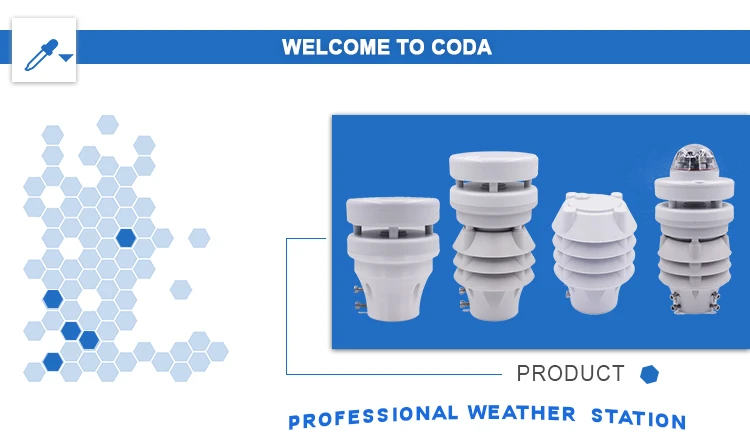
An ultrasonic weather station is a sophisticated device that harnesses ultrasonic technology to precisely measure multiple weather elements. Air movement affects the travel time of ultrasonic waves, and the weather station uses these waves to determine wind speed and direction.
15+ Tools and Innovations in Weather Prediction
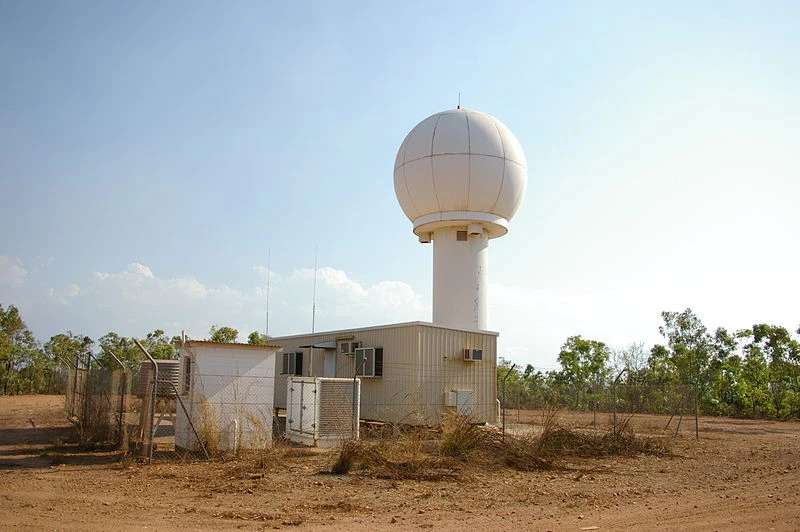
Weather has always played a vital role in shaping human activities, from agriculture to navigation and travel. Over the centuries, methods of predicting weather have evolved from simple observations to sophisticated scientific models.
Top-Rated Home Weather Stations for Your Needs
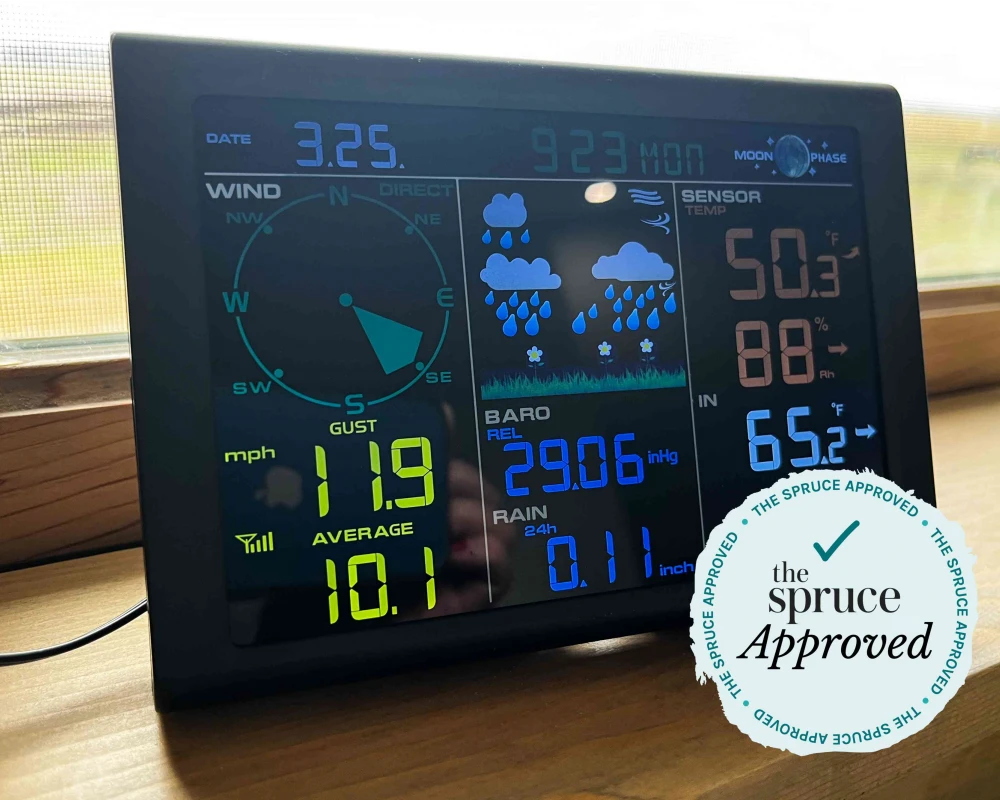
The growing accessibility of advanced technology has made home weather stations a favorite among homeowners and weather buffs. These devices deliver real-time weather updates, making it convenient to track conditions around your home effortlessly.
What disadvantages does an automatic weather station have?
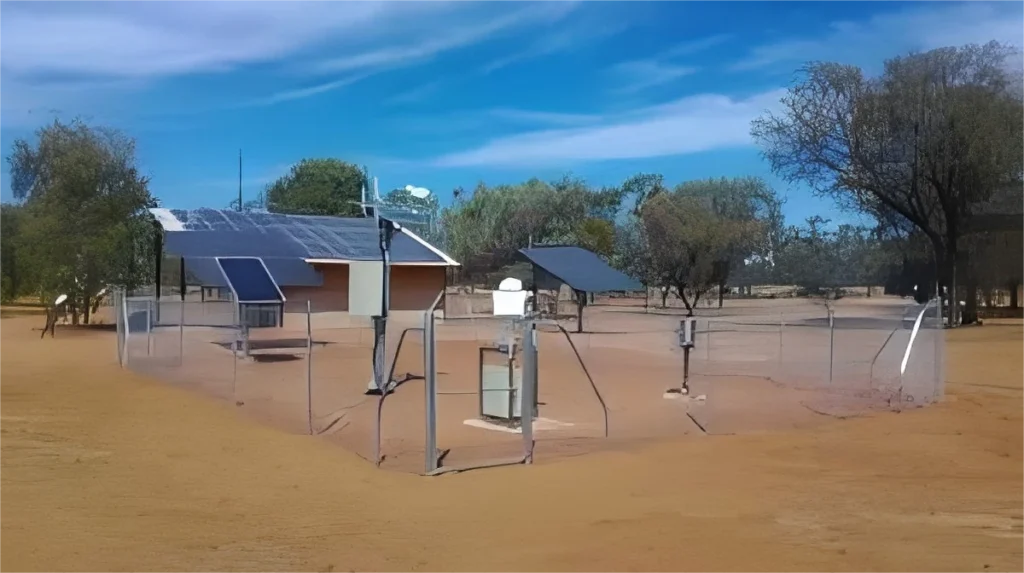
An automatic weather station is a type of observational equipment designed to autonomously gather and relay meteorological data. It consists of meteorological sensors, a data – collecting microcomputer, a power supply, a radiation – shielded vent cover, an all – weather enclosure, an observation stand, a communication module, and other parts.
